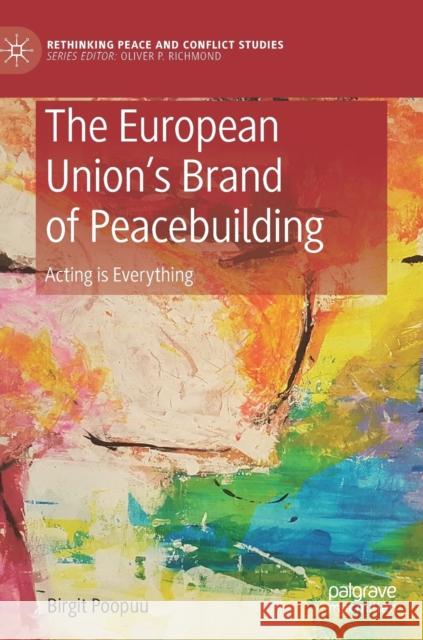The European Union's Brand of Peacebuilding: Acting Is Everything » książka
topmenu
The European Union's Brand of Peacebuilding: Acting Is Everything
ISBN-13: 9783030198893 / Angielski / Twarda / 2019 / 271 str.
The European Union's Brand of Peacebuilding: Acting Is Everything
ISBN-13: 9783030198893 / Angielski / Twarda / 2019 / 271 str.
cena 326,93 zł
(netto: 311,36 VAT: 5%)
Najniższa cena z 30 dni: 325,42 zł
(netto: 311,36 VAT: 5%)
Najniższa cena z 30 dni: 325,42 zł
Termin realizacji zamówienia:
ok. 20 dni roboczych.
ok. 20 dni roboczych.
Darmowa dostawa!
Kategorie BISAC:
Wydawca:
Palgrave MacMillan
Seria wydawnicza:
Język:
Angielski
ISBN-13:
9783030198893
Rok wydania:
2019
Wydanie:
2020
Numer serii:
000312198
Ilość stron:
271
Waga:
0.49 kg
Wymiary:
21.01 x 14.81 x 1.75
Oprawa:
Twarda
Wolumenów:
01
Dodatkowe informacje:
Wydanie ilustrowane











